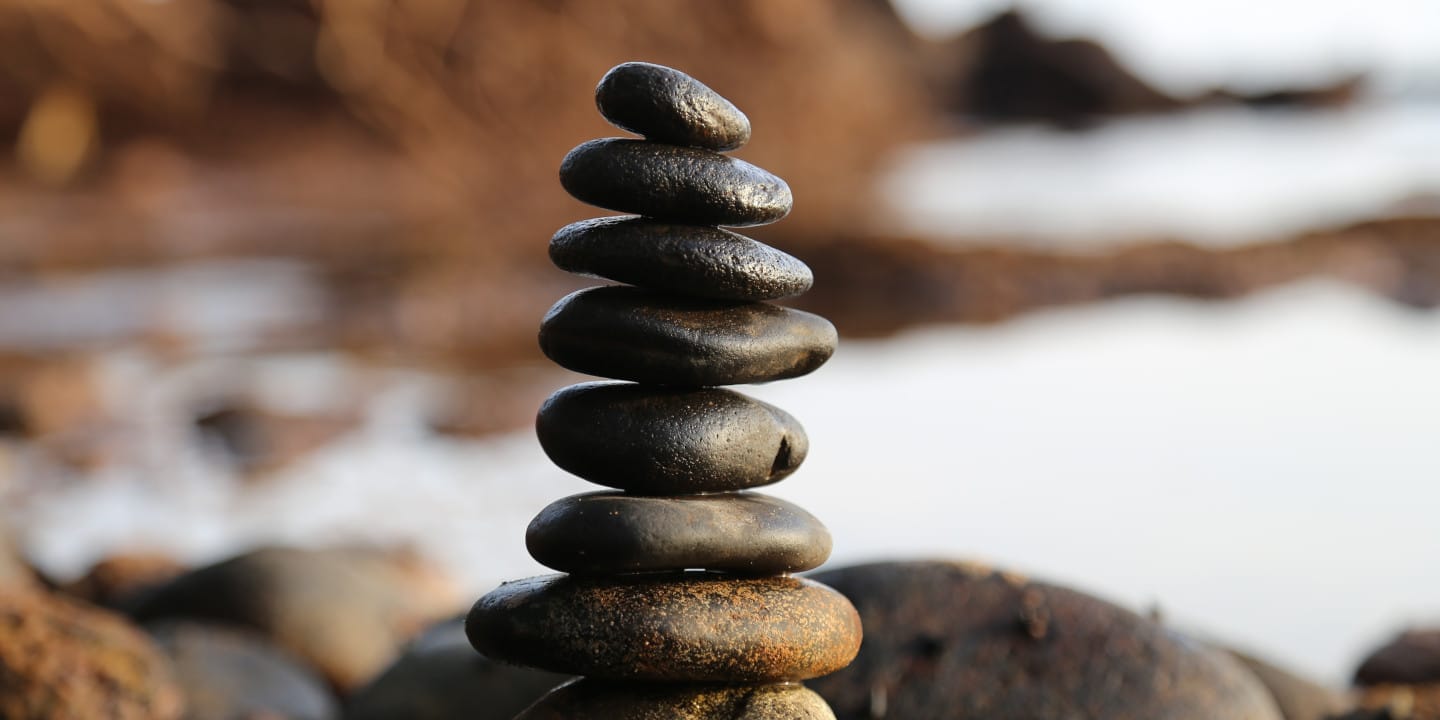Even after so many decades, some mystery remains as to why the 12 steps present such a useful plan for addiction recovery. After all, only one step (the first) even discusses mind-altering substances; the rest seem completely unrelated to addiction, and while many of the steps involve common-sense spiritual principles familiar to many cultures and religion, they also have the uncanny ability to touch and heal alcoholics and addicts in a deep way. Whatever the reasons, the 12 steps, adapted to all sorts of addictive behaviours and different types of learners (religious, agnostic, women, etc.), are today used by millions as a way of getting and staying on ‘the path that really goes somewhere’.
For the person who has practiced every step but the last, Step 12 can seem daunting – if not the being of service part, then definitely the ‘Having had a spiritual awakening as a result of these steps’ part! While our sponsors may assure us that a spiritual awakening can take many forms, including the ‘educational variety’ described in the Big Book of Alcoholics Anonymous, there is no doubt that we are waiting for something to happen, and are not sure what that something is. Like a milestone birthday that passes without any significant change, we may not feel different, or be able to put our finger on what the difference is. So how are we to know if we have had a spiritual awakening as a result of doing the 12 steps of recovery?
While a spiritual awakening can take innumerable forms, here are some down-to-earth signs that it has indeed happened. Some of these will closely parallel the Promises, which can be found in every step but are often read in Step 9.
- You look back and can’t believe that used to be you. If you recall a past event, whether positive or negative, and think “I can’t believe I reacted that way; I wouldn’t react that way now,” then chances are you have changed a great deal more than you realize.
- You have a new take on why things happened the way they did. Gone are the days of bitter regrets and complete confusion; you see why things happened, you see what the lessons were, and you see the beauty in things working out the way they were supposed to.
- People-pleasing and fear begin to fade as self-acceptance grows. Rather than worrying about what everyone is thinking of us, we begin to pay more attention to what we are thinking of them – and of ourselves, as there is really no one else to impress.
- Play increases. We are surprised to find ourselves laughing more, living more lightly and joyously, rebounding faster from life’s inevitable disappointments.
- You’re honouring your heart – and all your emotions. Where before we repressed our true feelings and/or drank and drugged them into numbness, today we honour them, good and bad, realizing they are our friends. Whether it’s finding healthy ways to express anger or following our hearts by choosing a profession based on our desires rather than society’s, marching to our own beat can initially be scary, but feels so good there’s no turning back.
- Bad habits slip away. Of course the main addiction has been gone for awhile, but there’s no harm in a little shopping/lying/sexting/overeating, is there? While bad habits or even addictions continue to lie in wait, when we turn to a spiritual way of life, we start to notice what brings suffering after the temporary pleasure, and our spiritual connection gives us the power to resist.
- Unconditional love grows. We notice that we are living more and more in harmony with other people rather than at odds with them; we can hold compassion even for people we don’t like, or situations that irritate us.
- Attachment is eclipsed by service. Rather than dwelling on what we can acquire, our thoughts turn more to using what we have to share with and benefit others, and letting go when it is time.
- Intuition and clarity come strongly. We begin to notice that we instinctively know what the next step should be – and if we don’t, we know where to find the answers.
- Freedom and purpose. While our lives once seemed baffling, pointless and beyond our control, we now know why we’re here – and enjoy every minute of it.

